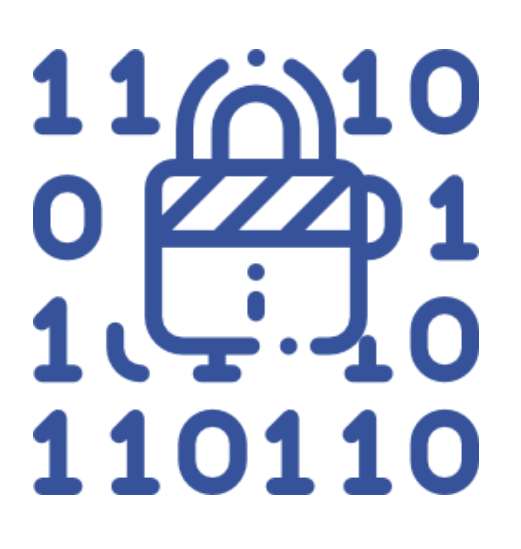The disruptive potential of the blockchain is now widely accepted, especially in the financial sector and gambling industry (for more information about how you can use cryptocurrency playing in the casino you can find here: https://casinochan.pro/ ) But beyond the enthusiasm that many investors have expressed for digital assets as an alternative investment, the impact of the blockchain extends to the roots of traditional finance.
ndeed, tokens created via the blockchain are already being used to improve efficiency in various traditional financial asset classes, from real estate to green bonds.
Unfortunately, as is often the case with new technologies, tokens and tokenization have often been presented as the miracle solution to all the problems faced by the financial market. But what happens if this is not the case?
Token and Tokenization: The End of All the Ills of Liquidity?
One of the greatest advantages often touted is that tokenization makes an asset more liquid, which is vital to attract investors to assets that generally lack liquidity. Much of the debate on tokenization focuses on this point, mainly because it has always been a major problem for many traditional asset classes.
Efficiency and Risk
Maximizing efficiency and minimizing risk have always been two major pillars for any financial institution. However, even today, there is a range of financial instruments that are still very sensitive to problems in these areas, particularly those traded “over-the-counter” (OTC). Probably the best example is still the multi-billion dollar bond market, where OTC transactions are still common.
Unlock New Investments
The potential of tokenization is not only used to optimize the trading process of traditional assets. Indeed, the blockchain can also open the circle of investors able to participate. So far, the focus has been on the benefits that splitting brings to smaller investors by lowering the entry barrier.
The Role of Security Tokens in the Marketplace
It is important to note that some traditional asset classes are not yet adapted to the blockchain. Instruments with well-established frameworks, such as publicly traded equities, already have well-formed and rigorous tracks in place, so moving to a blockchain could cause more disruption and costs than benefits.
The blockchain is a tool to help financial markets mature, not replace them.

Founder Dinis Guarda
IntelligentHQ Your New Business Network.
IntelligentHQ is a Business network and an expert source for finance, capital markets and intelligence for thousands of global business professionals, startups, and companies.
We exist at the point of intersection between technology, social media, finance and innovation.
IntelligentHQ leverages innovation and scale of social digital technology, analytics, news, and distribution to create an unparalleled, full digital medium and social business networks spectrum.
IntelligentHQ is working hard, to become a trusted, and indispensable source of business news and analytics, within financial services and its associated supply chains and ecosystems





























